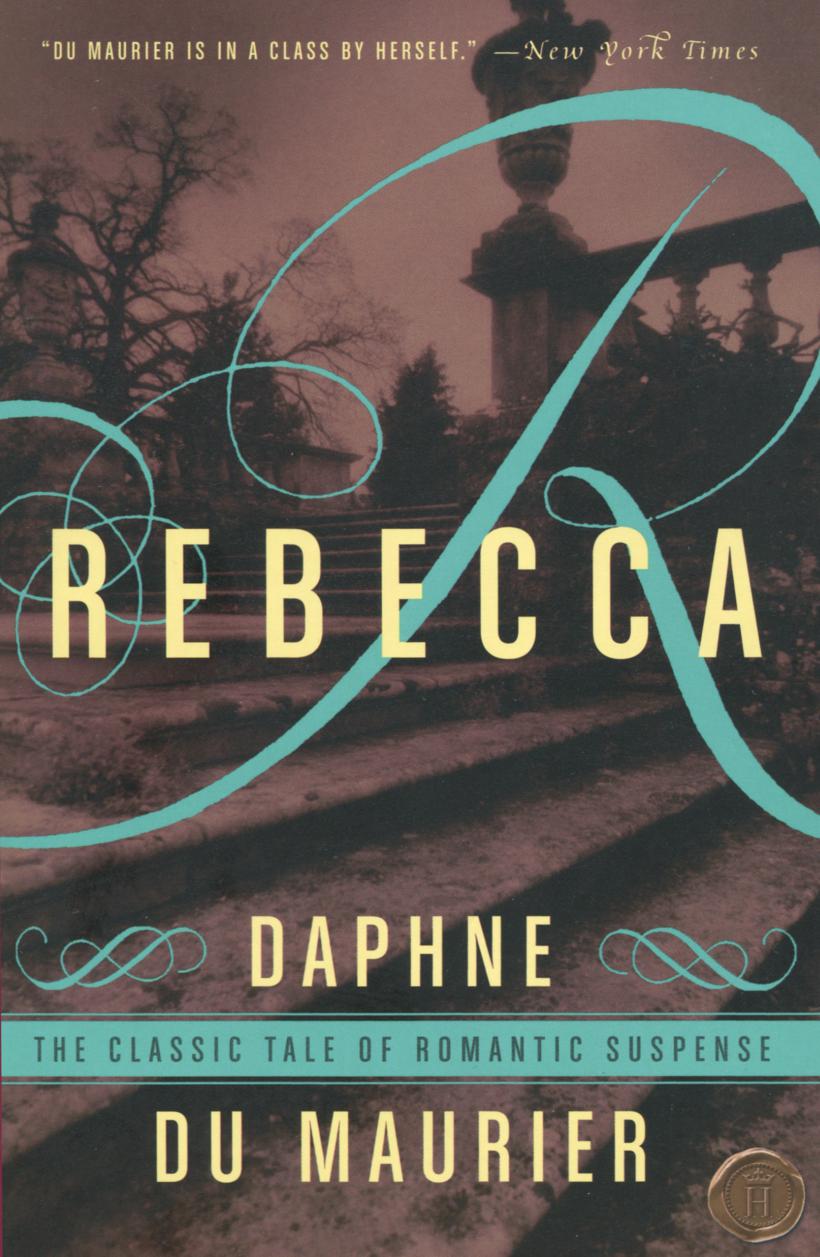I remember "watching" Hitchcock's Rebecca sometime after college, eventually falling asleep puzzled that it wasn't the ghost story that I had thought it was supposed to be. The source material—Daphne Du Maurier's novel—is much better than I recall the film to be. At least, that's the way I feel now. Maybe I've just grown up a bit.
The first bit is a haunting mystery that's as consuming to the reader as the idea of de Winter's former wife is to the heroine. Every chapter psychologically affected me with a pull that made it hard to put down—and when I did, it took awhile for the spell of the story's dark mood to fall away and for me to come back to real life.
The climax changes pace, but the feeling of foreboding mystery remains. It no longer has the creeping heaviness from the previous chapters, but more of a frantic modern one which is quite an interesting artistic turn. In fact, the author shows a lot of talent in what she does, for this being a somewhat older work. She doesn't play into cliche traps (at least, not toward the end; the fact that Ben keeps his secret through the end, for example) but rather takes surprising twists, knocking you off your path as you start to feel you've guessed the way ahead. The original epilogue included in my edition, as well, shows just how many smart decisions she made to create the final masterpiece.
I would love to see a depiction of how Du Maurier imagined Rebecca to look. In my mind, she was the subject of a Klimt portrait I saw at the Belvedere in Vienna. When I saw it, I remember thinking I had never seen anyone so beautiful. A woman from another era, out of reach and gone forever.

No comments:
Post a Comment